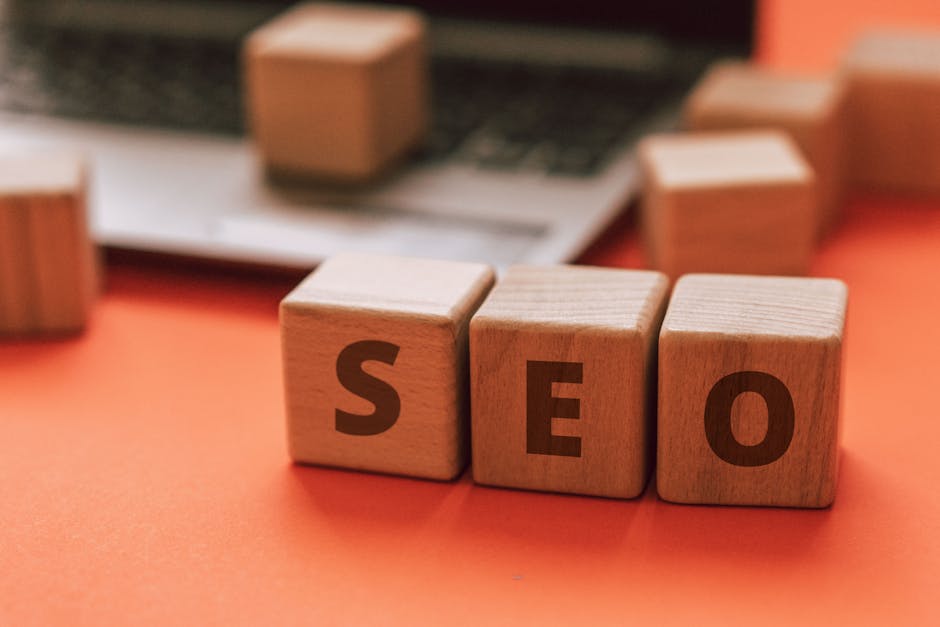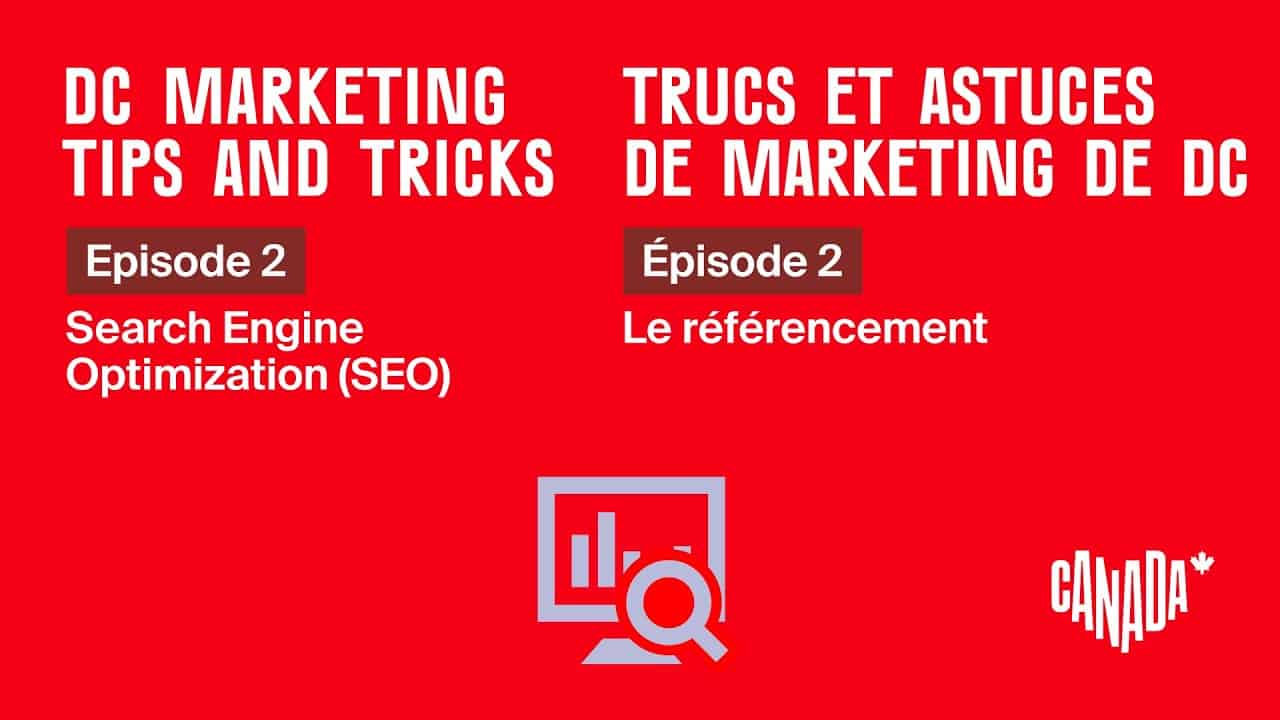Episode 2 – On Page SEO / Épisode 2 – Référencement sur page
on-page search engine optimization is the practice or process of optimizing elements on a web page to rank higher in search engine results and ultimately to get more visitors to your website hi my name is megan chapman i am the website content coordinator at destination canada and today i'm here to share some tips with you about on-page search engine optimization now there are many things you can do to optimize a web page for search engines but today we're going to focus on four key things on a page page headings and content metadata images and urls four quick wins that are straightforward and fairly easy to do before you start optimizing your web page it's important to identify the keywords that you want your content to rank for keywords are the words or phrases that users people searchers are entering into search engines that are relevant to the products and services that you offer as a business and that you want your content to rank for in search engine results keyword research is important because it helps you as a business owner understand what it is that your audience is searching for so that you can then go and optimize your own content to include those keywords and serve up content that your audience is looking for if your content is sending signals to search engines that it's aligned with searcher intent so what people are typing in a search bar they're more likely to rank higher on a search engine results page so let's talk about optimizing your content to send those signals to search engines and web crawlers when you're optimizing a specific page you want to pick one primary keyword that you want that specific page to rank for and focus on that and then pick a handful of secondary longer tail key phrases that you're also going to include on your page next you want to look at the structure of your page and use header tags h1s h2s h3s to structure your content this greatly improves user experience and readability but it also helps search engines understand your content the h1 tag should always be used for your title and this is where you should include your primary keyword h2s can be used as subheadings and that's where you can start to insert some of your secondary keywords next you want to aim to include your primary keyword within the first 100 words of your body copy since google tends to put more emphasis or weight on terms that appear early on in your page since google doesn't want a user to have to work really hard to find out what your page is about you should also use your key phrase more than once on in within your body copy you want to be mindful not to over stuff your content with your keyword because you can be penalized for that and it comes across as unnatural but at the same time if you only include your key phrase once it's not going to be picked up by a website crawler or search engine next let's talk about meta tags meta tags are read by search engines and web crawlers to help them correctly identify and categorize your pages and they're also what a user often sees on a search engine results page here we're going to focus specifically on the title tag and meta description title tags are what gives search engine and users a high level overview of what your content is all about to optimize a title tag you want to aim for about 60 characters in length and to include your primary keyword here as close to the beginning of your title as possible the meta description tells the user and the search engine what they'll find if they click through onto your content in greater detail you want to aim for about 150 to 160 characters when you're writing a meta description and also include your primary keyword here now let's talk about optimizing images always ensure that your images that you're using on your site are optimized for web quality this is a really easy way to ensure that the page you're working on loads quickly and you aren't penalized in search rankings because your page loads too slowly another tip for optimizing images always enter descriptive alt text all text help screen reading tools describe the images on your site to visually impair readers and also allow search engines to better crawl and rank your website alt text is also a great place to include some of your keywords where appropriate finally you'll want to optimize your url to do this you want to choose shorter human readable urls with descriptive keywords including your primary keyword and also remember to use hyphens for word separation and that's it there you have it four quick tips to improve on-page seo make sure you've done your keyword research and then use that research to optimize your content your meta tags images and urls this is just scratching the surface of all that's available to you for seo so get out there do some research and put these steps into action and don't forget to set up google analytics so you can see how your pages are performing and identifying new ways to optimize your content




